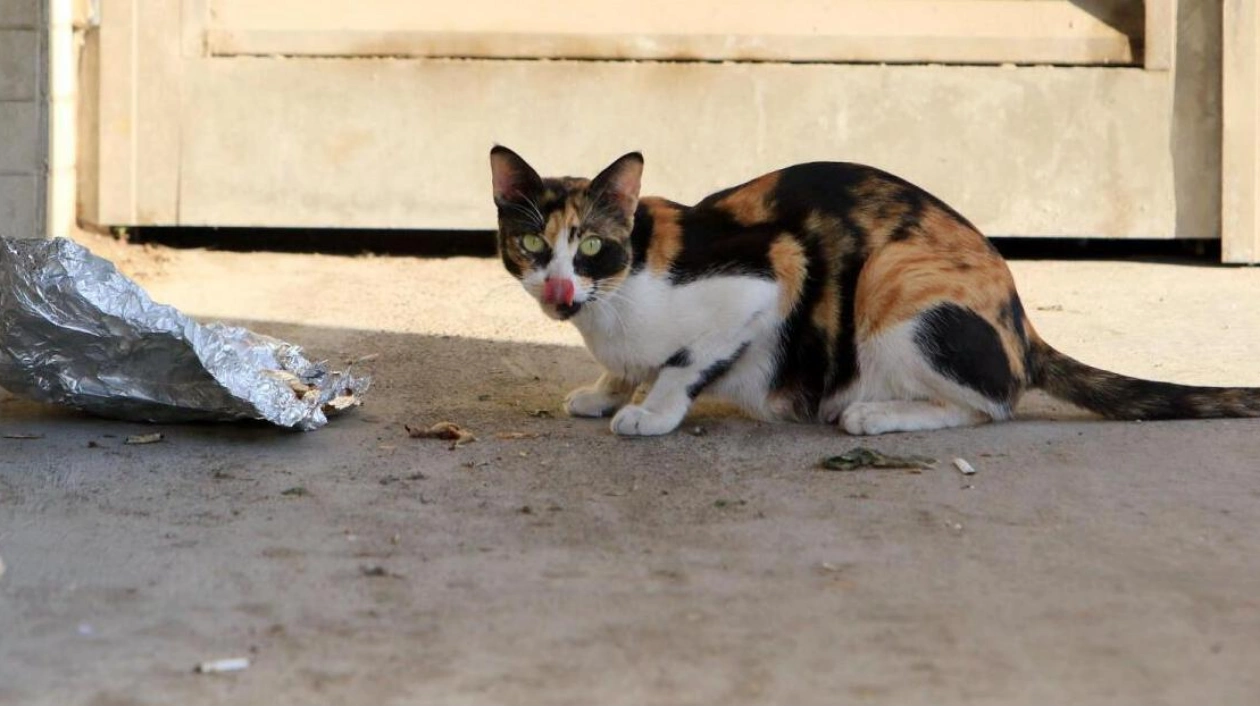An anthropologist based in the UAE, Dr. Neha Vora from the American University of Sharjah, has discovered that some residents of Dubai allocate over half of their income to the welfare of stray cats. Her research focuses on the sense of community among expatriates in the UAE, revealing that these felines significantly contribute to their sense of belonging.
Dr. Vora emphasizes the profound commitment individuals exhibit towards caring for strays. 'People become deeply involved in this kind of care, demonstrating remarkable dedication,' she noted. 'For instance, someone earning Dh5,000 might spend more than half on cats.' During her field studies in areas like Bur Dubai, Deira, and Karama, she encountered numerous security personnel and restaurant workers who routinely feed these cats, sometimes even adjusting their schedules to ensure the cats are looked after in their absence.
On July 16, Dr. Vora conducted a workshop at the Al Serkal arts foundation titled 'Let's Talk About Cats: A study of non-human place making,' which was fully booked. This reflects the deep affection people have for cats. Dr. Vora's preliminary findings suggest that cats help residents feel connected to the UAE, providing comfort and a sense of belonging, especially for those away from their families.
She recounts the story of an Abu Dhabi resident who spends significant time each day feeding cats, even using a wheelbarrow to transport food due to lack of a car. This act of kindness is indicative of a broader sense of attachment and insecurity among residents, where relationships with stray cats offer a unique form of belonging.
Originally from the US, Dr. Vora first came to Dubai in 2005 and quickly fell in love with the city, leading to her decision to join AUS. During her research, she observed the widespread presence of cats and the friendships they foster across different social strata. Communities often form informal groups to care for strays, sometimes resisting efforts to restrict interactions with them.
Volunteers contribute both time and money to support these cats, taking them to veterinarians and maintaining feeding stations. This commitment underscores the emotional pull that caring for strays has on people.






